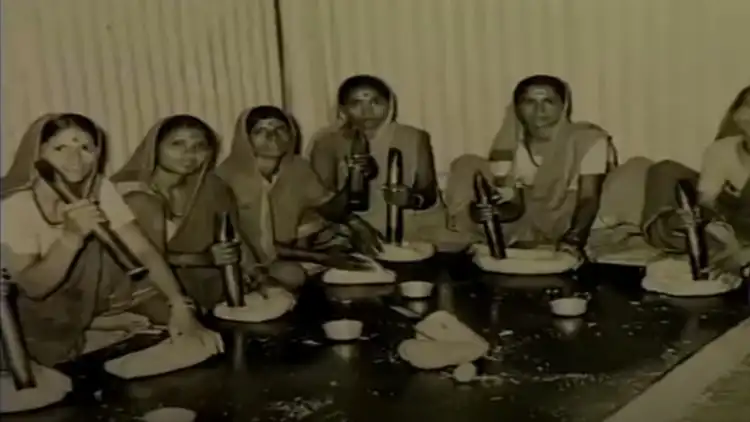
Amit Diwan/Delhi
On March 15, 1959, as a group of seven women from Gujarati households living in Bombay (Mumbai) laid the freshly rolled out papads on the terrace for sun drying, little did they know that they were laying the foundation of an unprecedented business and a national brand.
By the end of the day, Jaswantiben Jamanadas Popat, their leader, and her companions packed the dried papad in four packets and sold them to local merchants. These women had made their first profit and were all set to launch Shri Mahila Griha Udyog Lijjat Papad that has since grown into India’s largest network of self-help women’s cooperative societies.
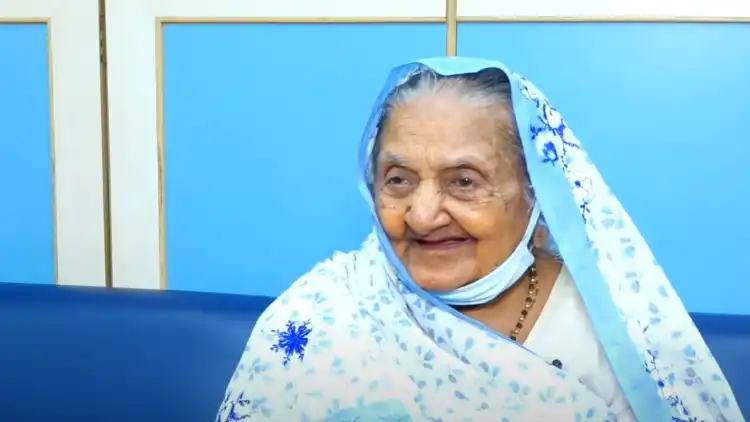
The founder Jaswantiben Jamanadas Popat
Lijjat means tasty in Gujarati and in 1962, the women chose this as the brand name of their product Today, Lijjat papad is more than just a household name. Jaswantiben and her team had not just created a business for themselves but also livelihood opportunities for women for many generations to come and empower them by becoming earning members of their families.
Today, the total turnover of the cooperative in 2-10 was more than Rs.1600 crore (16 thousand billion); its exports touched Rs 800 crores the same year.
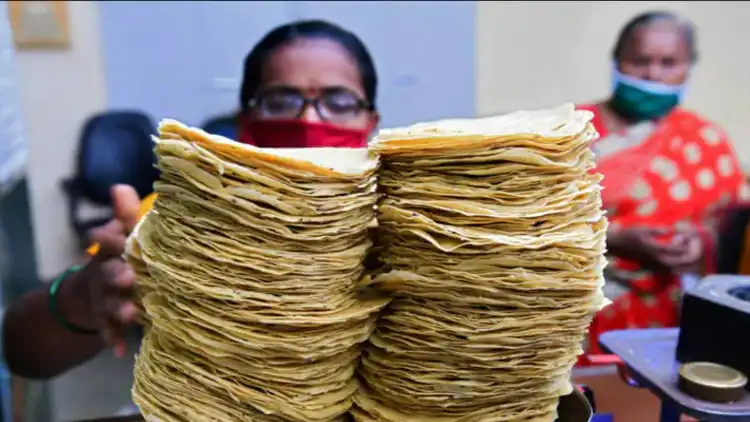
Paradkar said, initially these seven founders had one goal - to supplement their family incomes and share the financial responsibilities of their husbands.
They had borrowed the capital of Rs 80 from social worker Chhaganlal Karamsi Parekh and launched the enterprise from the terraces of their houses. There was demand for their papads and they realized they should upscale it into a cooperative society. In the first year, their sales touched Rs. 6196.
Jaswantiben had no idea about business when she started it. However gradually she learned its ways and made a profit.
This women-centric business now runs from 17 States and its products are sold across 25 countries. Besides Papad, the company has also diversified into other processed foods and other fast-moving consumer products like detergents, spices, soaps, etc.
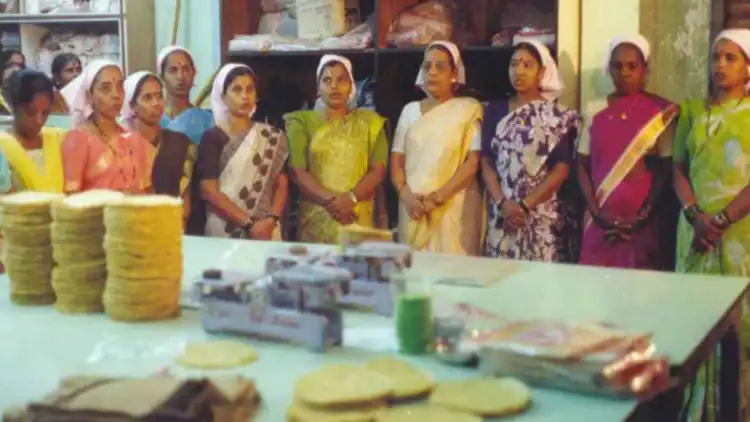
Women members at a center
However, what is significant is that it employs so uneducated and skilled rural women and empowers them.
Lijjat has made over 45,000 women financially independent. Paradhkar sees it as an institution of women who are voluntarily working for themselves. “Any losses at a branch are borne by the branch sisters by adjusting their salary,” she said.
Shri Mahila Griha Udyog also started Chhaganbapa Smruti Scholarships for the daughters of the members and in their Valod center, they opened up an education and hobby center for women where they offer courses like typing, cooking, sewing, knitting, and toy-making, etc.
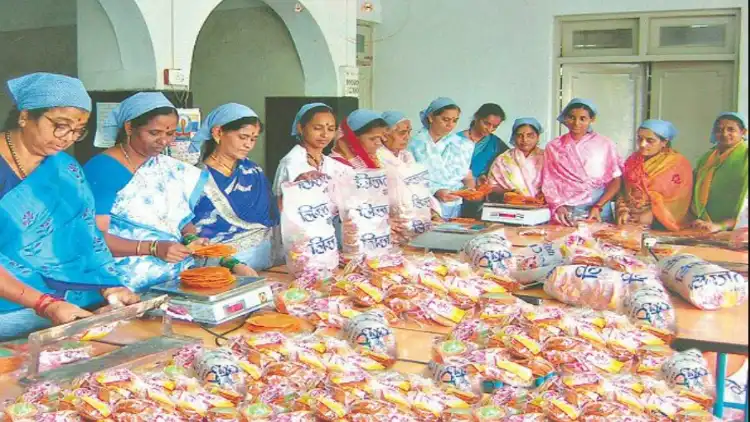
A few things have remained constant: one is the way of making papad; it’s still hand-rolled and sundried. The second is the day of payment. Members are paid as soon as the food is delivered, usually the third day from they being assigned the work.
Truly, the seven women who began in 1956 pushed boundaries with the only skill they knew the best, i.e, cooking and they have successfully managed to be a silent yet integral part of everyone’s life.
